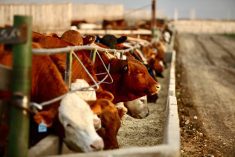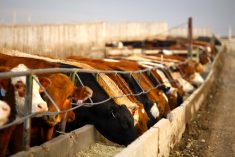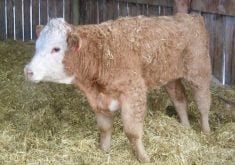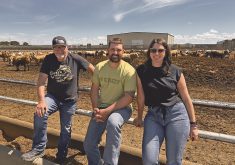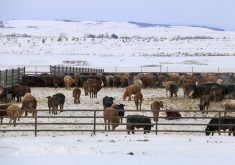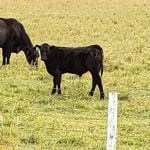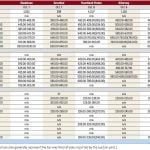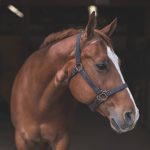The Canadian Feedlot Animal Care Assessment Program reduces the audit process from overwhelming to manageable by laying out exactly what producers, processors and their customers agree upon.
By following a supplied checklist and scoring system, trained auditors provide a snapshot of animal care and handling practices at your feedlot.
Self-audits should be done at least once a year and at differing times each year to account for seasonal variability in the classes of animals in the lot, disease risk and environmental conditions. These audits are a good way to verify continuous improvement for your own records and identify any weaknesses in preparation for second-party audits by a trained person with whom you regularly do business, such as a veterinarian or someone from a packing plant. Some customers may request third-party audits by an independent certification organization.
Read Also
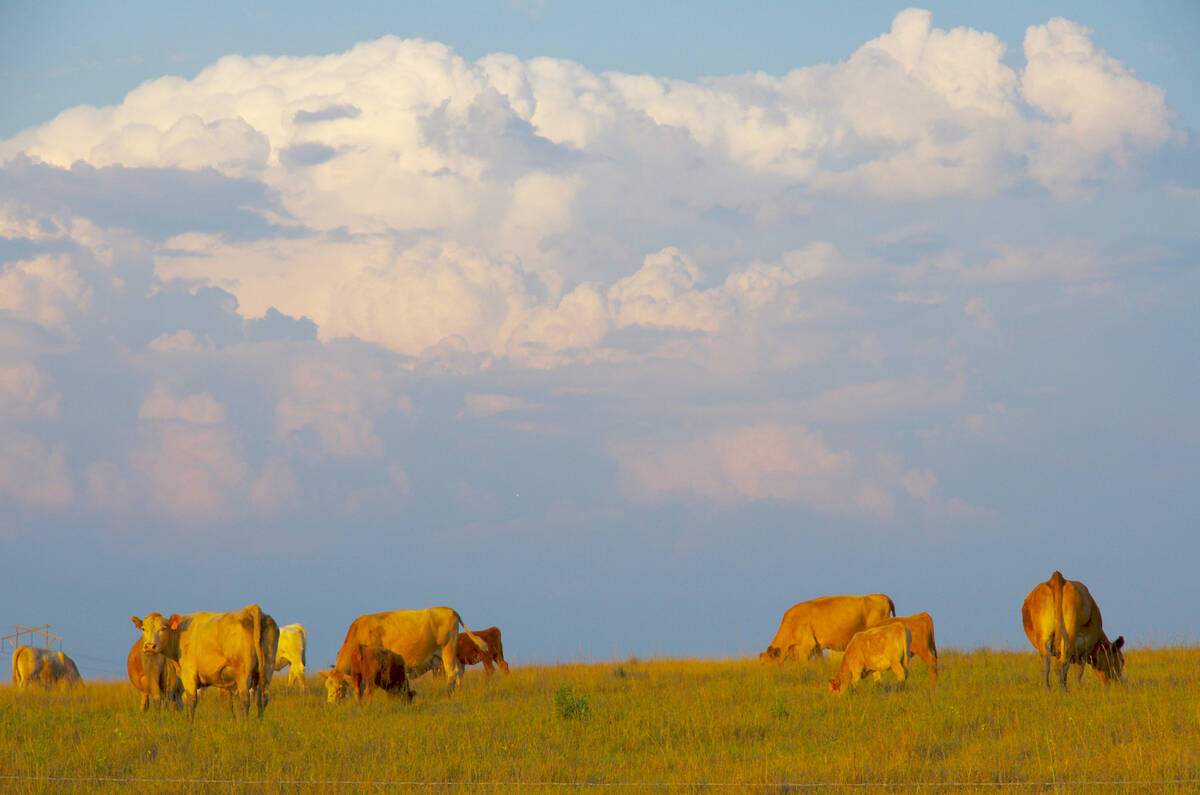
Canadian Beef Check-Off Agency reports on investments and activities
The check-off agency’s work behind the scenes is what ensures cattle check-off dollars are invested wisely, accounted for transparently and deliver measurable value back to producers and importers.
First, the auditor will:
- Call to let you know an audit has been requested and book an appointment.
- Provide an audit checklist, plan and a list of the feedlot’s animal-care protocols and supporting records to be reviewed during the audit.
- Ask about the feedlot’s biosecurity and other procedures that need to be included while conducting the audit.
- Ask for your approval to bring others on the call, such as an apprentice or observer, or remove anyone with whom you have a concern on the grounds of impartiality, confidentiality, or conflict of interest.
- Ask for the cattle inventory and pen layout to draw up an animal-sampling plan ahead of time. You are not obligated to provide this information until the day of the audit. If your feedlot has more than one yard, the auditor may need to do audits on one, all, or parts of each yard. The goal is to arrive at a balanced animal-sample that provides representative data for your operation and can be practically assessed.
The audit starts with a meeting to go over the process before moving on to review feedlot documents, evaluate facilities, observe the cattle, and interviews with the owner and employees on related aspects to determine whether people are actually observed doing what they say they do.
Feedlot employees assigned to accompany the auditor should not interfere in the auditor’s work, nor should the auditor interfere with normal activities at the feedlot or offer advice. The only exception is in the case of a wilful act of abuse or neglect when an auditor will intervene and immediately report this action to the feedlot owner.
Each criteria is scored full points when the minimum target is met as follows: 2 for commitment, written protocols and records, 5 for facilities and employee training, 10 for animal outcomes because they are the most objective and important measures of animal care, or 0 when the minimum target is not met.
Criteria that don’t apply to your feedlot are scored “not applicable” and those not observed that day are scored “not observed.”
Three critical criteria — willingness to participate in the audit, wilful acts of abuse or neglect and effective euthanasia — are scored either “pass” or “fail.” Failure of any one of these criteria results in a failed audit, and corrective actions must be taken immediately, followed by another audit within 30 days.
To wrap up, the auditor will explain the positive and negative findings and follow up with a detailed written report.
If an issue is identified, you will be asked to report on a proposed timeline for implementing your corrective actions. The company that requested the audit is responsible for approving your plan and deciding when and if a follow-up audit is necessary before the next regular audit.
This is one of a series of articles on the Canadian Feedlot Animal Care Assessment Program. Please see Canadian Cattlemen, May 2016, for more background. For access to the program documents, contact your provincial cattle feeder association or the National Cattle Feeder Association at 403-769-1519 or by email.




